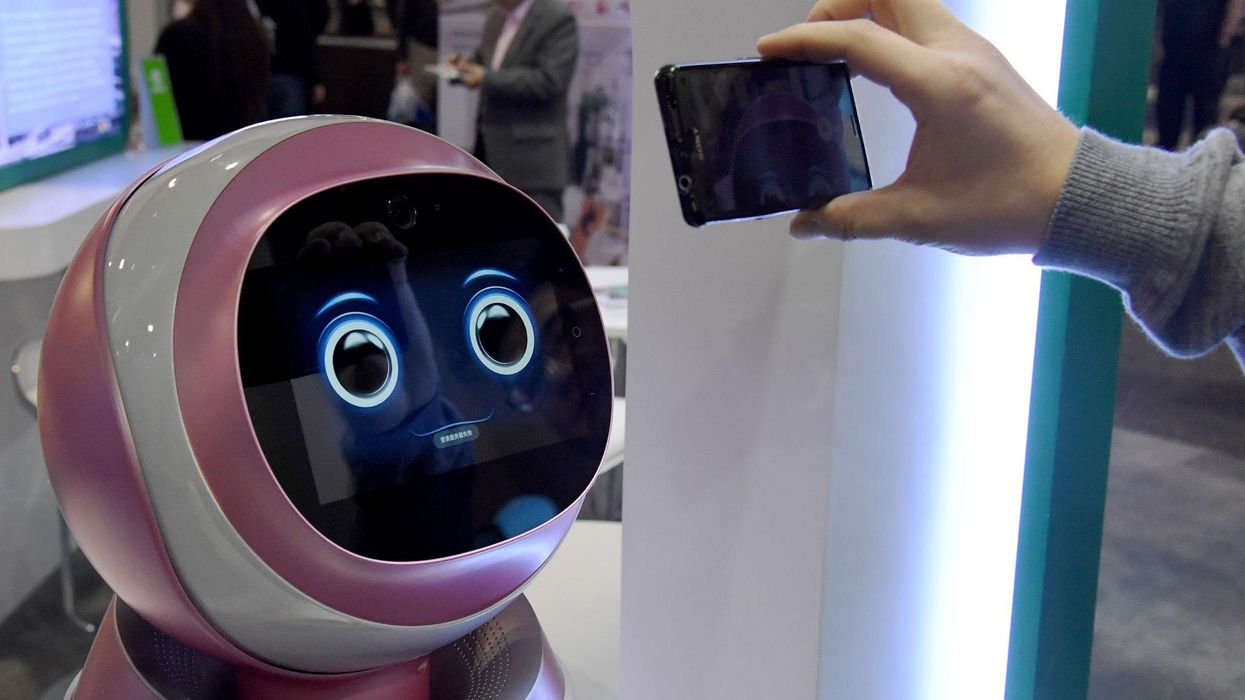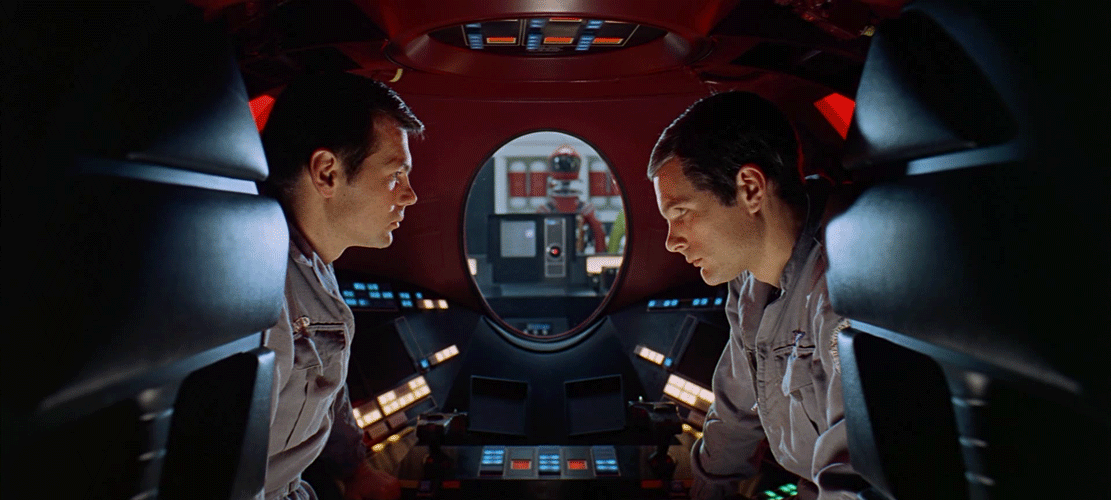Joe Vesey-Byrne
Aug 27, 2017

LAS VEGAS, NV - JANUARY 05: An attendee records images of a prototype Kikoo autonomous robot for children made by Hanwuji Intelligence at CES 2017. Picture:
Ethan Miller/Getty Images
The next generation of smart phones are likely to include artificial intelligence - giving them terrifying moniker 'Superphones'.
Presumably 'uberphones' was considered too evocative, or else would confuse people into thinking it was yet another branch of Uber.
Alex, Cortana, and, Siri were only the beginning:
Artificially intelligent 'assistants' are now miles beyond the original Siri, and light years from the MS Paperclip, in terms of their capacity to mimic human intelligence.
For instance, the Honor Magic, made by Chinese company Huawei, will give you 'suggestions' based on your text conversations.
The 'superphone', as the company calls it, will see that you messaged a friend about seeing a particular film, and will be suggest screening times at local cinemas.
This not-creepy-at-all handset is already for sale in China.
The South China Morning Post reports that the iPhone 8 could include an AI chip from Apple, possibly called the Apple Neural Engine.
Existing voice assistants such as Google, are being used by other phone companies to make the leap from smart to super.
Gartner research director Robertz Cozza, in a report for the institute, said the way humans interact with their phones is going to change.
We predict that by 2019, 20 per cent of all smartphone interactions will be done via a virtual personal assistant [VPA].
This means that the way we interact with our most personal devices (smartphones and wearables) will change over the next few years.
While we will continue to use these devices, interactions will become more intuitive and also more efficient.
VPAs will become more capable, and what is a pretty rudimentary conversation with Alexa and her ilk today will turn into intelligent systems that eventually act on the user’s behalf.
'Act on the user's behalf'.
More: This man trained an artificial intelligence to generate the most British sounding place names
Top 100
The Conversation (0)














